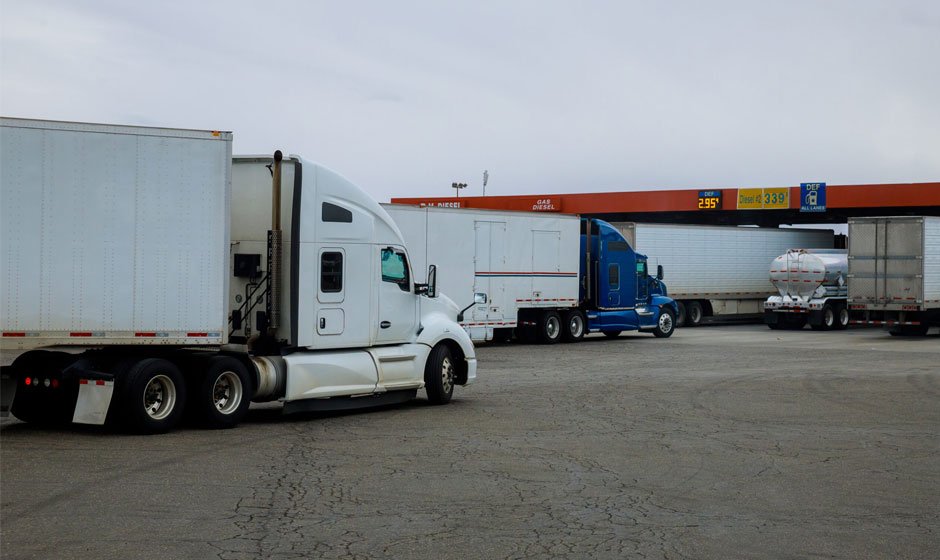Managing a fleet can be a costly affair, especially when it comes to fuel consumption. With fuel prices constantly fluctuating, it’s essential to look for ways to reduce unnecessary fleet journeys and save on costs.
By implementing a few practical strategies, you can significantly reduce fuel expenses while also improving the efficiency of your fleet. Below are some key strategies to consider.
Use Route Optimisation Software
One of the simplest and most effective ways to reduce unnecessary fleet journeys is to use route optimisation software.
This type of software helps you plan the most efficient routes for your vehicles, ensuring that they travel the shortest possible distance while hitting all necessary stops.
By reducing the number of miles driven, you’ll not only cut down on fuel consumption but also reduce wear and tear on your vehicles.
Minimise Idling Time
Idling may seem harmless, but it can quickly drain your fuel reserves and add to your overall costs. Many fleet tracking systems offer the ability to monitor idling times, alerting you when a vehicle has been left running unnecessarily.
Encouraging your drivers to switch off engines during long stops or while waiting can lead to significant fuel savings.
This simple change in behaviour can help reduce wasted fuel and improve overall fleet efficiency.
Regular Vehicle Maintenance
Well-maintained vehicles run more efficiently and use less fuel. Make sure your fleet is regularly serviced, and things like tyre pressure, oil levels, and air filters are checked routinely.
Underinflated tyres, for example, can increase fuel consumption by causing your vehicles to work harder.
Fleet tracking software can also help you schedule regular maintenance, ensuring that your vehicles are always operating at peak efficiency.
Upgrade to More Fuel-Efficient Vehicles
If your current fleet consists of older, less efficient vehicles, it might be time to consider upgrading. More modern vehicles are designed with better fuel economy in mind, which can make a huge difference to your fuel costs over time.
If some of your vehicles are larger than necessary for the jobs they do, consider downsizing to smaller, more fuel-efficient models.
You can even track the fuel efficiency of each vehicle through GPS tracking software, helping you make data-driven decisions on which vehicles to replace.
Monitor Fuel Usage
Fuel monitoring is essential when it comes to managing fleet expenses. Many fleet tracking systems offer fuel monitoring features that allow you to track fuel consumption for each vehicle and driver.
This data can help you identify patterns and pinpoint where fuel is being wasted. Armed with this information, you can take action to reduce consumption, whether through training, route optimisation, or vehicle maintenance.
Avoid Traffic with Flexible Schedules
Traffic can be a major drain on fuel efficiency, as stop-and-go driving burns through fuel quickly.
By staggering schedules and avoiding peak traffic times, you can keep your vehicles moving smoothly and reduce fuel wastage.
Fleet tracking systems can provide real-time traffic updates, helping you make adjustments to routes or schedules as needed to avoid congested areas.
Closing Word
By adopting these strategies and leveraging the power of fleet tracking, you can cut down on unnecessary fleet journeys and save on fuel costs, all while maintaining efficiency and delivering excellent service.
Every mile saved is money in your pocket and a step towards a more sustainable fleet operation.












